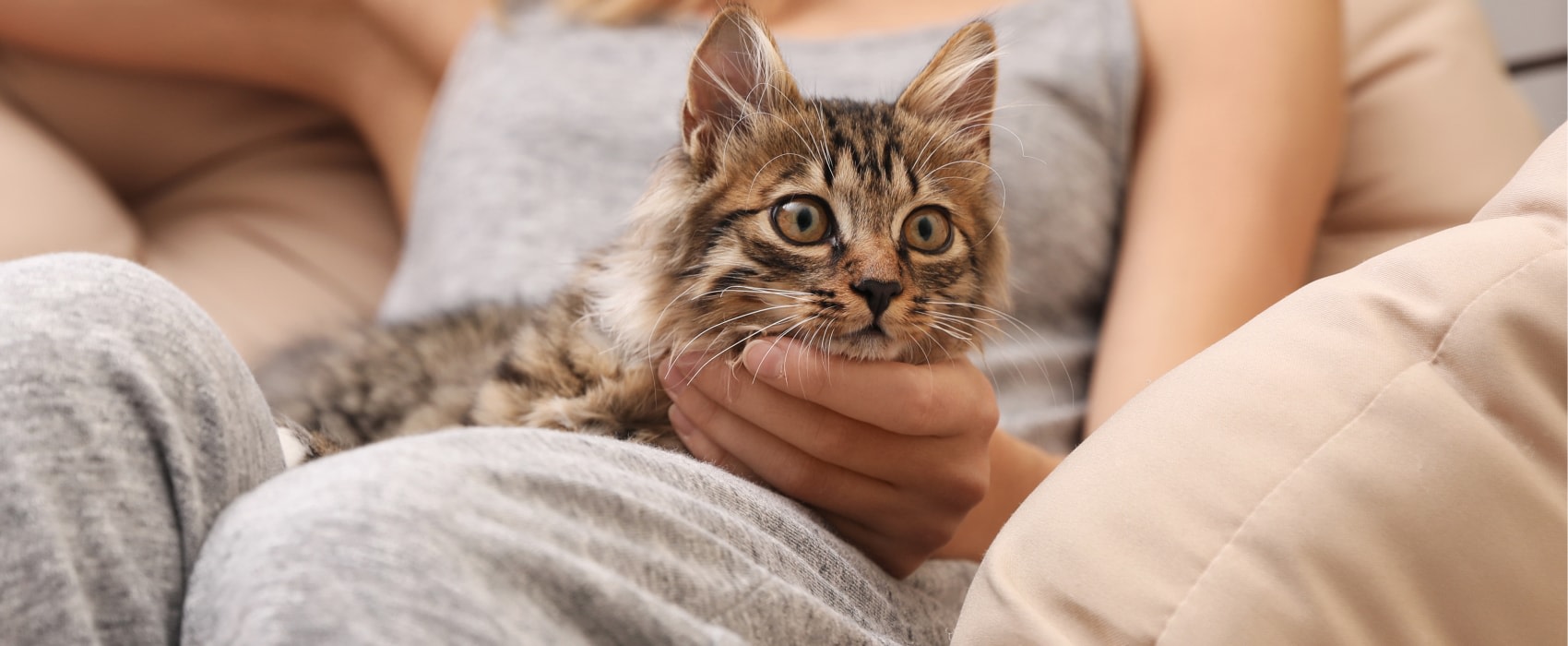For nearly five decades, families from across Thornhill, Richmond Hill, Markham and North York have trusted us to provide their companions with the care they deserve.
Our veterinary team offers a range of diagnostic, medical, dental and surgical services designed to help your dog or cat achieve optimal health throughout all stages of life.
At Smith Veterinary Hospital, we are dedicated to helping your furry companion achieve the highest quality of life. Find out what to expect at an appointment and read our FAQs.
Are you ready to embark on a successful veterinary career and contribute to providing the best possible care for all animals? Submit your application today.

Caring for Thornhill's Furry Friends Since 1974
Welcome to Our Animal Hospital in Thornhill
Smith Veterinary Hospital is a full-service pet hospital that has been offering comprehensive medical services for cats and dogs in Thornhill and the surrounding areas, for nearly 50 years.
We deliver comprehensive veterinary care for your pet's lifelong well-being, covering diagnostics, medical, dental, and surgical services. Additionally, we provide convenient cat boarding and grooming.
Our veterinary team emphasizes the importance of regular check-ups and diagnostic tests in establishing and preserving good health. We'll also offer guidance on your pet's diet and exercise, essential for their overall happiness and well-being.
Our mission is dedicated to you and your pet, and receiving feedback from our clients brightens our day.
Meet Our Veterinary Team
The veterinary team at Thornhill takes pride in delivering exceptional care for your beloved cats & dogs.
Your Neighbourhood Veterinarian
Address & Hours
Smith Veterinary Hospital is located in Thornhill and proudly serves patients in Toronto, as well as York Region.
Hours of Operation
- Monday:08:00 am - 07:00 pm
- Tuesday:08:00 am - 07:00 pm
- Wednesday:08:00 am - 07:00 pm
- Thursday:08:00 am - 07:00 pm
- Friday:08:00 am - 06:00 pm
- Saturday:08:00 am - 03:00 pm
- Sunday:Closed
Location
Phone Number
New Patients Welcome
Our dedicated team treats all companion animals as if they were our own, delivering superior medicine and compassionate care. Contact us today to schedule your pet's first appointment.


